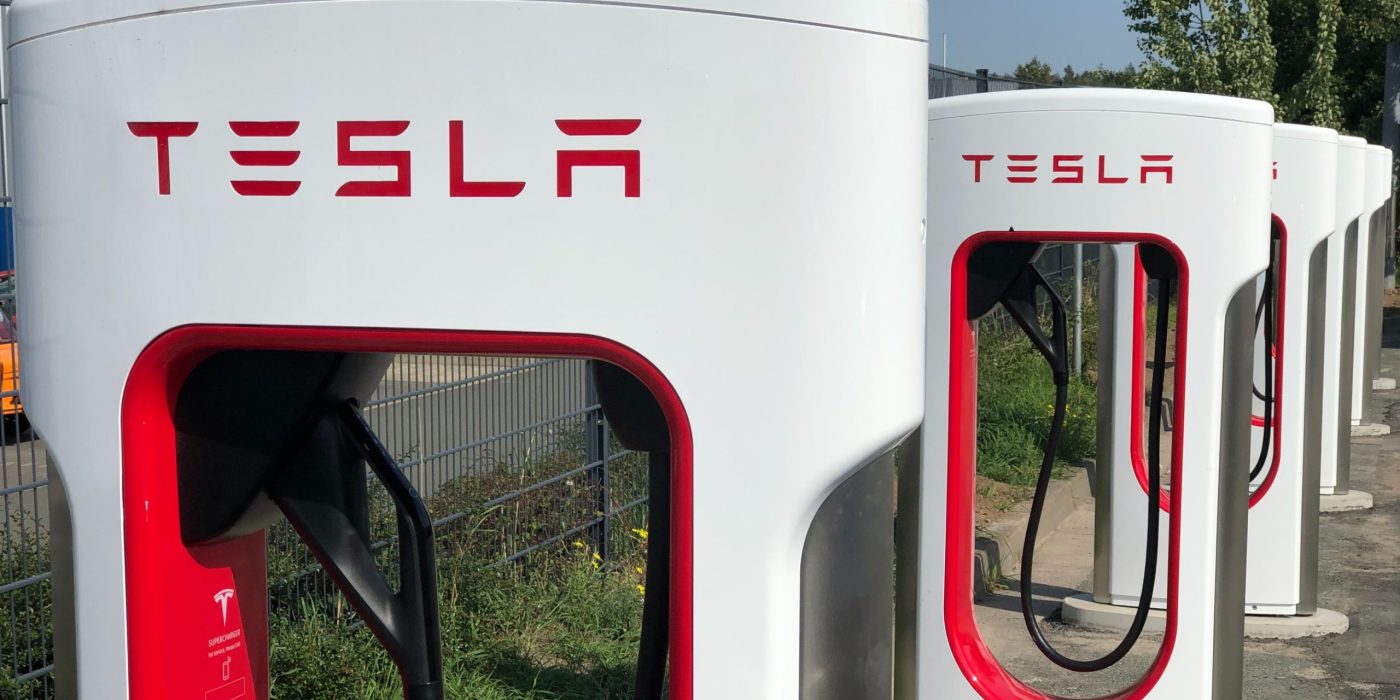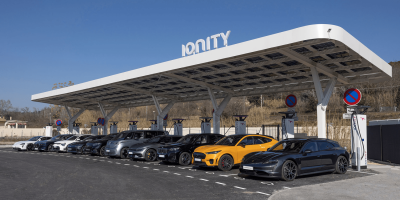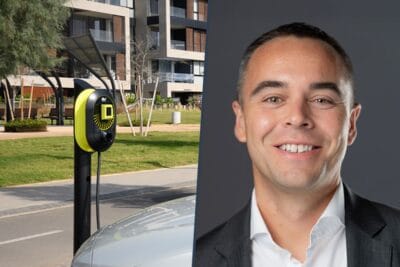Europe: Tesla Superchargers appear with dynamic pricing
Tesla is making the prices of its fast chargers more flexible. After the company increased Supercharger prices in Europe again in September, there are now indications of Tesla introducing lower tariffs for charging at night.
According to a report by Teslamag, Tesla drivers at the Kamen site in Germany, for example, first noticed a further price increase to 74 cents per kilowatt hour; however, this only applies from 6 am-2 pm. On the other hand, the price for charging at night was reduced to 56 cents per kWh there. At the same time, Tesla drivers took to Twitter to report Supercharger locations where you pay over 80 cents per kilowatt hour – and not for V3 Superchargers with up to 250 kW, but at a V2 location with a maximum of 150 kW.
In the USA and Norway, Tesla has been gaining experience with flexible prices at its fast chargers for some time. The current expansion probably does not only affect Germany but with first reports also coming in from Belgium: In Nivelles-Süd, Tesla electricity now costs either 71 cents or 63 cents per kilowatt hour.
https://twitter.com/cymba_de/status/1579704903513288704
Tesla had only generally raised the prices of the European Superchargers in September. At the time, the average price increase was around 12 cents, leading to a situation where supercharging rarely stayed below the 60-cent mark. In Germany, the increase resulted in the relatively small range of 69 to 71 cents per kilowatt hour – instead of 56 to 58 cents per kWh. So looking at today’s reports, Tesla not only introduced the day-night pricing model but also raised prices again at some locations.
When rolling out the new pricing in September, Tesla, in this case, had sent an email to its European customers to alert them to the steep rise in charging prices. “Due to increased energy prices, we are adjusting Supercharging prices across Europe,” it reads. Tesla has made no official announcement on the new dynamic pricing yet.
However, with prices varying throughout the day, Tesla may have made another nod to the volatile energy market. It can not only try to control demand somewhat and possibly shift some charging processes to the less popular nighttime hours – especially at locations with high capacity utilisation, where there are sometimes waiting times during the day. The costs of purchasing electricity are also lower at night. A distinction between day and night tariffs brings more flexibility here, but only roughly.
At the same time, charging didn’t become more expensive everywhere. According to a member of the TFF forum, Tesla also introduced dynamic pricing at the Eching location in Bavaria, only at a lower level: during the day, it’s 0.51€/kWh there and 0.46€/kWh at night. So it seems possible that Tesla either wants to steer demand to less frequented locations via the price or, indeed, uses local purchase prices of electricity as a basis.
Additional reporting by Sebastian Schaal and Daniel Bönnighausen, Germany.





0 Comments